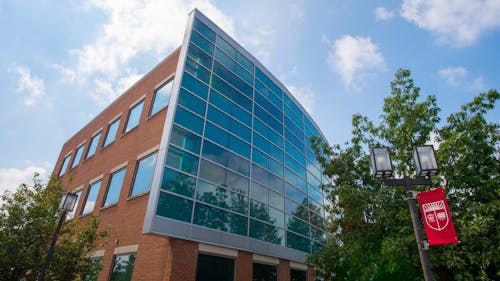Rate of HPV infection remains high in young men from LGBTQ community

A study from Rutgers School of Public Health found that the rate of human papillomavirus (HPV) infection is high in young minority men who were gay or bisexual, even though there is a vaccine available to prevent it, according to Rutgers Today.
“The lack of HPV vaccination in sexual minority men is a missed prevention opportunity,” said lead author Perry Halkitis, dean of the School of Public Health.
HPV is one of the most common sexually transmitted infections in the world, according to the Centers for Disease Control and Prevention (CDC). There are various types of HPV, with some causing health issues such as genital warts and cancers.
The study, which appears in "AIDS Patient Care and STDs," found that there was already reports of higher rates of HPV-related cancers in gay minority men who were older and still sexually active. This should be more preventable in more recent generations though, with advances in healthcare and medicine. Halkitis said it was also known that those living with HIV are more likely to be impacted by HPV infection and HPV-related cancers.
"Given that sexual minority men are also at highest risk for testing positive for HIV, there is an urgency in ensuring HPV vaccination before these young men engage in sexual behavior," he said.
The CDC also recommended that individuals be vaccinated in order to prevent contracting HPV. According to the website, the vaccine can protect against certain diseases, including cancers, and was especially recommended for young men who identify as gay or bisexual through age 26.
Conducted at Rutgers Center for Health, Identity, Behavior and Prevention Studies, the study also looked at the prevalence of HPV exposure, HIV infection and HPV vaccination in people who were older than 23 years old and were members of ethnic or racial minority groups. While it was observed that 58 percent of the participants in the study were infected with HPV, only 18 percent of them had received the full dose of the vaccine.
Another discovery the researchers found was that HIV was linked to HPV oral infection and HPV, which is vaccine preventable. Neighborhood poverty and HIV infection were also connected to anal HPV.
“The HPV vaccination was recently expanded to include men and women between ages 27 and 45. Previously, it was only approved for men and women ages 9 to 26,” Halkitis said. “With the uptake of the HPV vaccine incredibly low in the United States, there is an urgent need for outreach to at-risk and underserved populations.”



